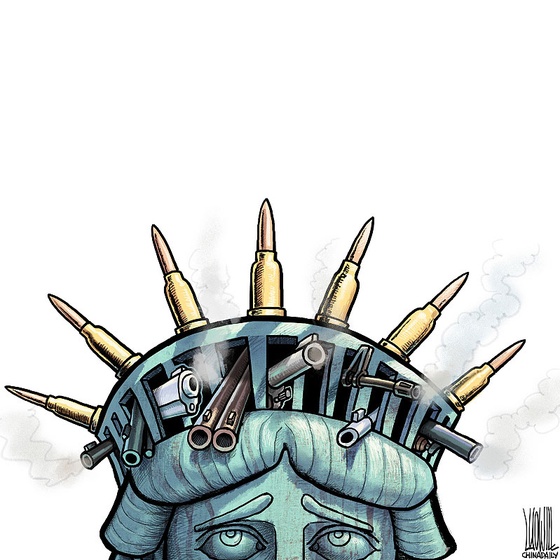Born in November 1968
1991 Graduate from Sichuan Academy of Fine Arts
Public Collections: Yuangong Art Museum Shanghai Qinghe Art Museum Nanjing
Luo Jie is one of the most established and distinctive Chinese contemporary artists in China today.
His works feature his iconic subject ‘Rope Man’ and expresses a kind of emotional nostalgia that entangled with life of modern metropolis. The profiles and lines of his works demonstrate the complex way of feelings and experiences in life that have often no beginning, nor end.
Different people have different perceptions, and they have different approaches and starting points towards art.
Art is a carrier of feelings. As an unsociable and introverted person, Luo Jie was not interested in indulging himself in telling big stories and expressing obscure logical ideas.
On the contrary, he attach importance to inner reality, and his inner feelings are the most abundant source for his artistic expression.
Shy at socializing and often nervous with people, Luo Jie grew up belonging to the silent majority of the society, with sensitive and delicate nerves and unable to bear too much.
This may have something to do with his family background as his father was such a person— joyless, inflexible and simple.
He would contradict his superiors at meetings just because of trifles, making them embarrassed. Therefore, he confined himself within the net woven out of his habitual eccentricity and stubbornness, just like a set of invisible shackles on himself. However, to Luo Jie, shackles have double meanings from certain perspective shackles for himself, and shackles for this world as well.
Perhaps they served as protection, and what was shackled was this world.
The invisible chains shackled Luo Jie every day it was impossible for him to ignore their existence.
If he had been someone else, he would have chosen to escape, to rebel or to keep silent.
However as a visual artist, Luo Jie found a way to visualize them, finding a
nother kind of strong visual tension.
Apart from being fascinated with this family memory, Luo Jie also believes this ideology is representational of a cultural attitude of the modern society.



.jpg)
Comments